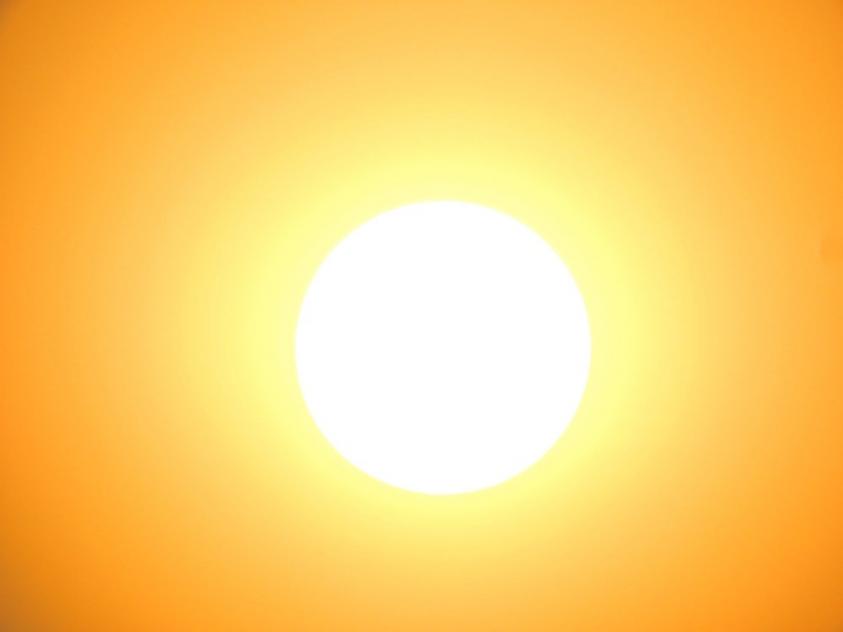
A hot sun in the sky
Extremely hot weather is expected to develop on Sunday and peak on Monday and Tuesday (18 & 19 July). A red extreme heat warning has been issued by the Met Office, meaning temperatures could hit 40C (104F).
The heat can affect anyone, but some people run a greater risk of serious harm. Remember to think of those who may be more at risk from the effects of heat, including older people, babies and young children, and people with underlying health conditions.
Please follow government guidance to keep cool, stay safe and look out for others: Beat the heat: staying safe in hot weather
Keep in touch
- Look out for neighbours, family or friends who may be isolated and unable to care for themselves; make sure they are able to keep cool during a heatwave.
- The elderly, young children and babies, and those with underlying health conditions can be particularly vulnerable to hot weather
- Listen to the weather forecast and the news and plan ahead to avoid the heat –especially the hottest part of the day.
Keep well
- Drink plenty of fluids and avoid excess alcohol
- Dress appropriately for the weather
- Slow down and avoid strenuous activity or physical exercise
Stay out of the heat
- Close your curtains if indoors and stay out of the sun if outdoors, especially during the middle of the day (11am-3pm)
- Use the ‘cool spaces’ map to find cool shaded or indoor spaces to keep cool during hot temperatures
- If you have to go out in the heat, carry water with you, walk in the shade and wear lightweight, loose-fitting, light coloured cotton clothes
Cool yourself down
- Cool your skin with water, slow down and drink water
Look out for signs of heat related illness.
- Chronic illnesses can get worse in hot weather.
- Heat exhaustion and heatstroke are two potentially serious conditions that can occur if you get too hot. Heat exhaustion common symptoms include weakness, feeling faint, headache, muscle cramps, feeling sick, heavy sweating and intense thirst.
- Heatstroke is less common, but more serious. Untreated symptoms include confusion, seizures and loss of consciousness.
Get help. Call NHS 111 or 999 if it’s an emergency.
Further guidance and useful links to Beat the Heat:
